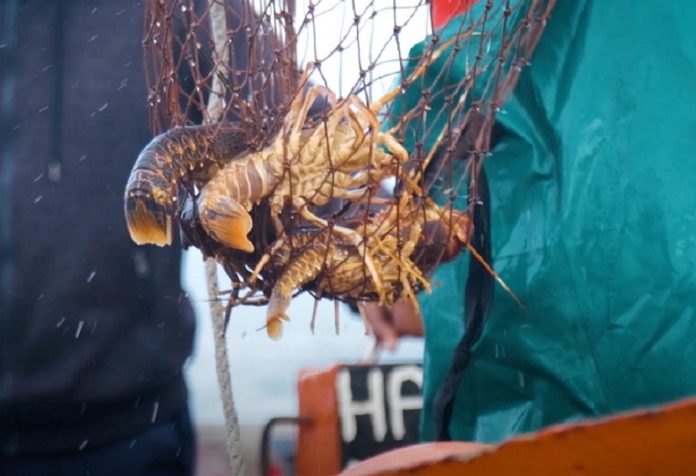
For South Africans, west coast rock lobster forms part of our rich cultural identity. It’s an iconic product and for us to continue to enjoy the resource, Serge Raemaekers from ABALOBI says that we’ve all got to dive in to solve the issue together. So how do we do that? By ensuring that if you purchase lobster (or any seafood for that matter), that it is legal, and fully traceable. Consumers can and must do their part to demand to see valid lobster catch documentation when ordering – whether it’s at a restaurant, from a fishmonger, online, or from a roadside market.



















Comments are closed.